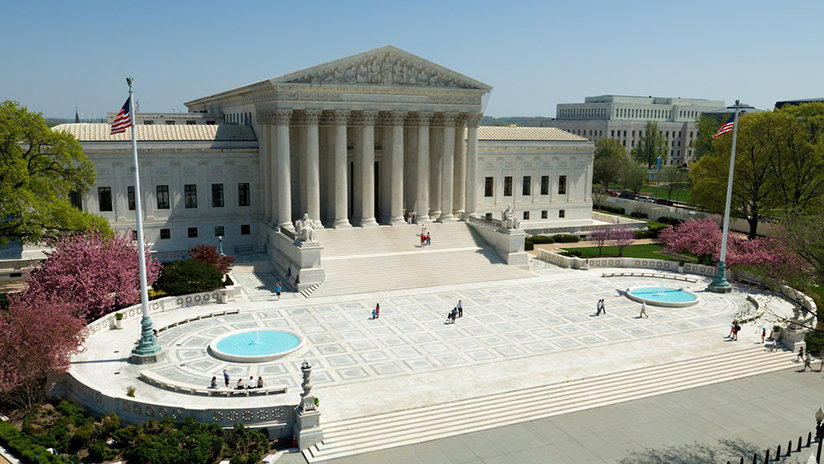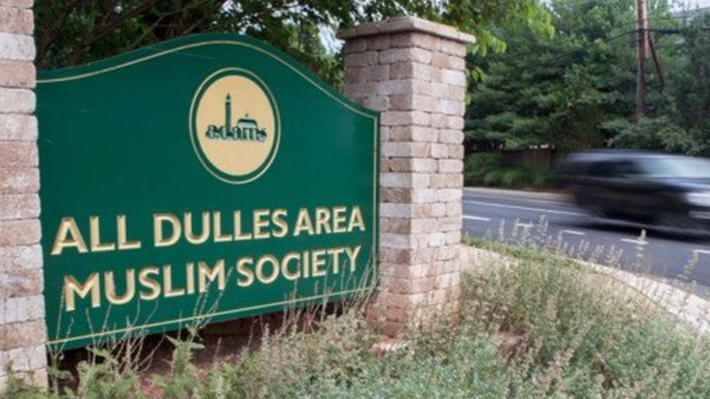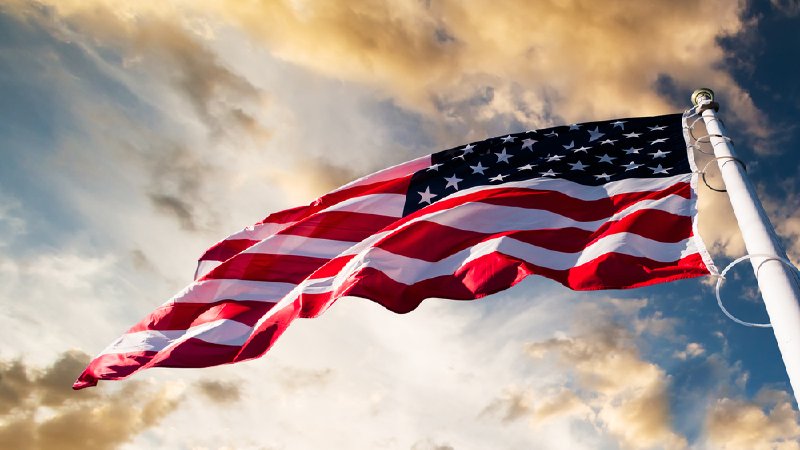
-
HOME
-
WHAT IS STANDOur Mission Our Values Our Help Contact
-
WHAT WE FIGHT FORReligious Freedom Religious Literacy Equality & Human Rights Inclusion & Respect Free Speech Responsible Journalism Corporate Accountability
-
RESOURCESExpert Studies Landmark Decisions White Papers FAQs David Miscavige Religious Freedom Resource Center Freedom of Religion & Human Rights Topic Index Priest-Penitent Privilege Islamophobia
-
HATE MONITORBiased Media Propagandists Hatemongers False Experts Hate Monitor Blog
-
NEWSROOMNews Media Watch Videos Blog
-
TAKE ACTIONCombat Hate & Discrimination Champion Freedom of Religion Demand Accountability
Malaysia: A Step Toward Tolerance
In Malaysia last week the heads of its different states (collectively called “the Rulers”) issued a joint statement calling for unity and harmony among its different ethnic and religious groups.
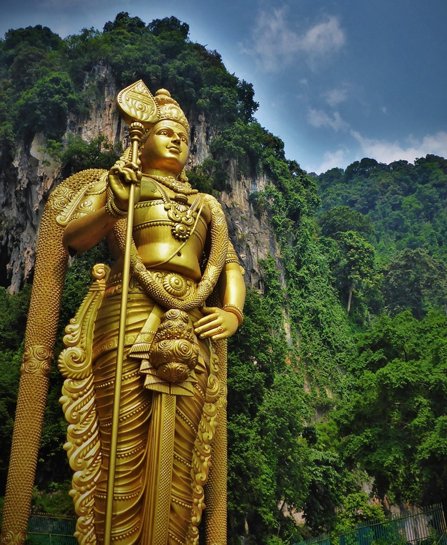
I didn’t personally know much about religious affairs in Malaysia prior to reading about the joint statement, but I’ll pass along some of the results of a brief study. Malaysia is a largely Muslim country, with Muslims comprising just over 60% of the population. The other 40% consists of Buddhists, Christians, Hindus and many other religions. It is against the law to attempt to get someone to leave the Muslim religion, though Muslims may freely proselytize non-Muslims. Marriages between a Muslim and non-Muslim will not be recognized unless the non-Muslim partner converts. In some parts of the country, leaving Islam is even a criminal offense.
The immediate prompt for the statement by the Rulers (all of whom are legally required to be Muslims) was the act of a local laundromat owner who posted a sign saying his washers could only be used by Muslims. He abashedly took it down when ordered to do so, but some people in high places clearly saw it as a signal that they needed to take a stand.
Whether a country moves towards freedom or oppression depends on many actions by many people—not just one proclamation.
The Rulers cited Islam as the basis of their statement, calling it “a religion that encourages its followers to be respectful, moderate and inclusive” and also noting that “unity among Malaysia’s multi-ethnic and multi-religious people is key to ensuring the country’s ongoing stability.”
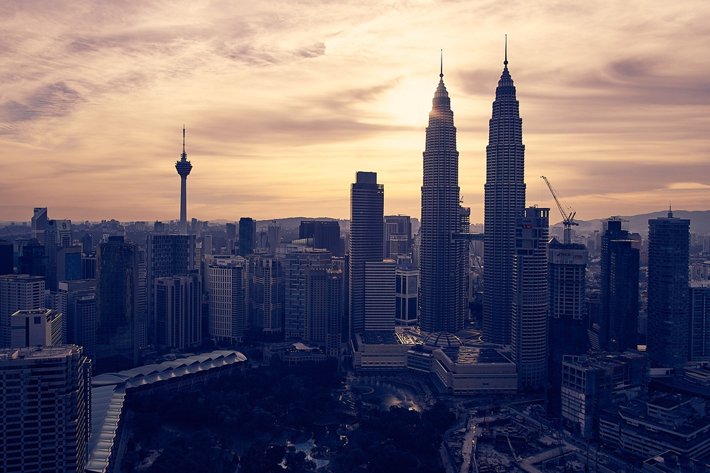
Living thousands of miles away and having no firsthand knowledge of the country or its culture, it’s hard for me to evaluate the importance of the statement. There is concern, expressed in some recent media, that Malaysia is trending toward a harsher version of Islam that denies freedom to non-Muslims. On the other hand, a Malaysian court made a landmark decision last year recognizing the right of a Muslim to convert to Christianity and the country seems to have many voices calling for openness and rights for all.
Whether a country moves towards freedom or oppression depends on many actions by many people—not just one proclamation. Nevertheless, at a time when divisiveness is the order of the day in many parts of the world, the Rulers’ statement is something positive.






